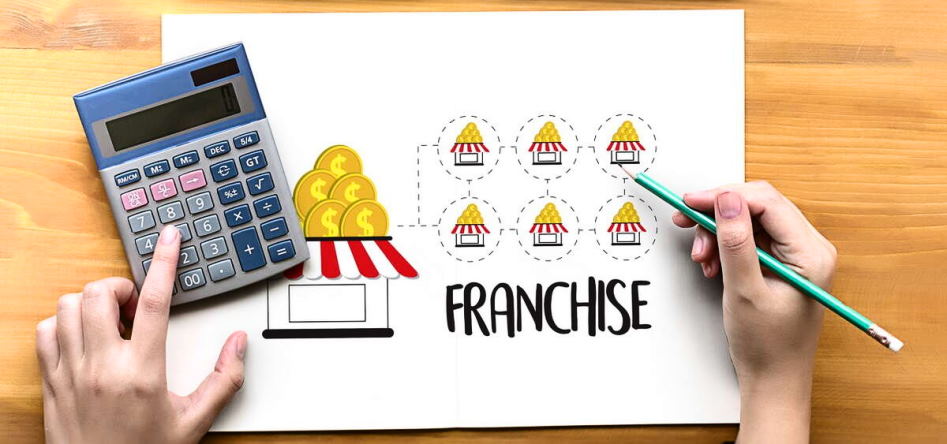Franchise vs. Startup: How to Make the Right Decision for Your Business
There are many factors to consider when deciding whether to start a business from scratch or buy a franchise. Both options have their pros and cons, and the best choice for your business depends on your specific situation and goals. In this article, we’ll outline the main considerations you need to take into account when making this decision. So, if you’re trying to decide which route is right for you, read on!
The pros and cons of starting a franchise vs. a startup
When it comes to starting a business, many factors to consider. One of the most important decisions you’ll make is whether to start a franchise or a startup. Both have their pros and cons, so it’s important to do your research before making a decision. Here’s a look at some of the key differences between franchises and startups to help you make the right choice for your business.

Franchises:
- Proven business model: When you start a franchise, you’re buying into an already established and successful business model. This can give you a head start on success and help you avoid some of the mistakes that new businesses often make.
- Support from the franchisor: Franchisors provide their franchisees with support in various forms, from marketing and advertising to operations and management. This can help when you’re getting started and can give you peace of mind knowing that you have someone to turn to for help.
- Access to a successful brand: Franchises come with an already well-known and trusted brand. This can make attracting customers easier and get your business off the ground.
Cons:
- High initial investment: One of the biggest downsides of starting a franchise is the high initial investment required. You’ll need to pay for the franchisor’s fees and the cost of setting up your business, which can be substantial.
- Limited creativity: You may have less room for creativity and innovation because you’re working within an already established business model. This can be a downside if you’re the type of entrepreneur who likes to spin things.
- Restrictions on how you operate: Franchises typically come with strict rules and regulations on how you can operate your business. This can be limiting for some entrepreneurs who prefer more freedom and flexibility.
Startups:
- Lower initial investment: One of the main advantages of starting a startup is that the initial investment is typically lower than for a franchise. This can make it easier to get your business off the ground and reduce your risks.
- More creative freedom: When you start a startup, you have more freedom to be creative and innovative. This can be a major advantage if you have a great business idea that you want to execute uniquely.
- Greater growth potential: Startups also have more potential for explosive growth than franchises. If your startup is successful, you could see it take off quickly and become a major player in your industry.
Cons:
- Higher risks: Startups are riskier than franchises simply because they’re unproven. There’s no guarantee that your business will be successful, no matter how good your idea is.
- Less support: Startups don’t have the same level of support that franchises do. This means you’ll be on your own for things like marketing and advertising, which can be a challenge.
- Longer path to success: Startups typically take longer to achieve profitability than franchises. This means you’ll need to be patient and prepared for a long journey before seeing any real success.
So, which is right for you? Ultimately, the decision comes down to your own personal goals and preferences. If you’re looking for a proven business model with support from the franchisor, then a franchise might be the way to go. But if you’re more interested in creativity and innovation, then a startup might be the better option. There are pros and cons to both, so it’s important to weigh all of your options before deciding.


